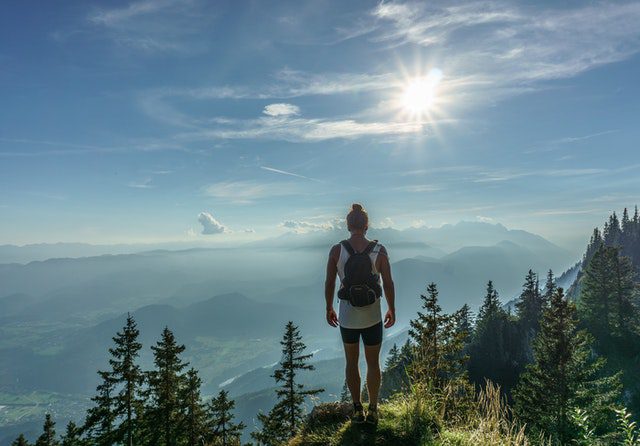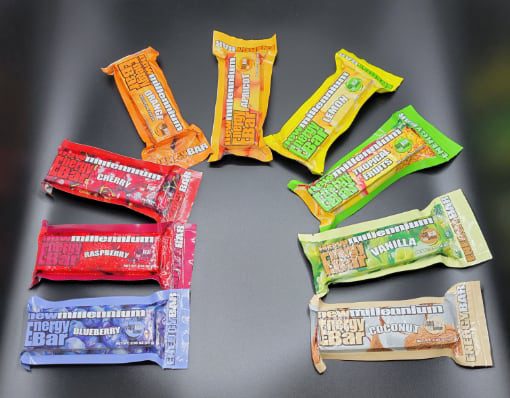Summer is a time that many families take to the great outdoors. Going on an adventure is great, but realizing you didn’t pack enough food or water can turn a fun day into a disaster. Here are a few things to keep in mind before embarking on a camping or hiking trip this summer.
Stay Hydrated
The old adage of drinking “8 glasses a day” was an attempt to make a one-size-fits-all answer to a question that is not as basic as it seems. The amount of water someone needs varies based on a variety of factors including height, weight, and age. In situations where you’re exercising hard and sweating profusely, doctors recommend 2-3 cups per hour, but this could vary depending on the weather conditions. Be sure to overestimate the amount of water you need if you’re hiking or camping somewhere without access to drinkable water.
Before hiking, it’s a good idea to drink four cups of water in order to pre-hydrate. This will help your body get ready to sweat and expend energy. Don’t forget about electrolytes: your body is losing salt while you sweat, too, and it’s equally important to regain this in order to stay hydrated. Consider bringing powdered electrolyte mix to supplement your hydration.

Calories
Many tout hiking as an excellent way to burn calories and lose weight if that is something you’re looking to do. That said, it’s important to remember that your body still needs more calories when you’re exercising, especially if you’re carrying a heavy backpack. Be sure to assess the calorie content of the items you’re bringing. Small, densely packed, protein-rich foods will give you the biggest bang for your buck.
Protein Intake
The recommended amount of protein is .36 grams per pound per day. For someone weighing 150 pounds, that would amount to 54 grams–however, that’s on a day without exercising. For long, grueling hikes, it’s important to take in even more protein than that.
The Best Foods for Your Packing List
Nuts and seeds are high in protein, fiber, and healthy fats. They’re also an excellent source of certain vitamins and minerals. To keep things interesting (and delicious) consider bringing nut butter as well, which goes great with just about anything.

Dehydrated fruits remove the water content from these nutrient-rich materials, making them weigh less while still maintaining their nutritional value. This means you can pack even more of them.
Fish is packed with omega-3 fatty acids, protein, and calcium. Lugging around cans of fish would be cumbersome, but luckily, there are many options which come in small foil packets.
For dessert, consider bringing dark chocolate. Yes, dark chocolate is good for you, and studies even show it can reduce inflammation, which can really help after a long day of hiking.
If you want to keep things easy, there are even great ready-to-eat meals you can bring along, ensuring you’ll be checking off all of your boxes nutritionally. Our New Millennium Energy Bars are designed for your body’s caloric needs, whether you’re hiking, camping or going on a marathon even! Tuck a full day’s worth of tasty energy –410 calories–in your pocket for whenever you need it.
Stay safe out there, and see you on the trail!

